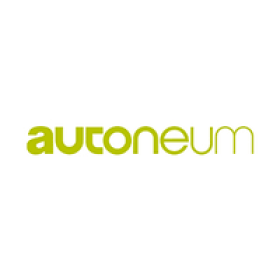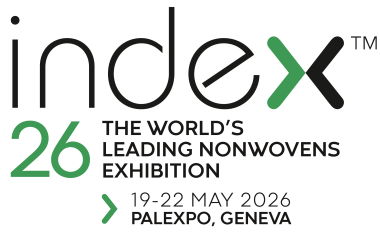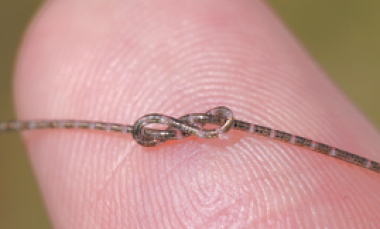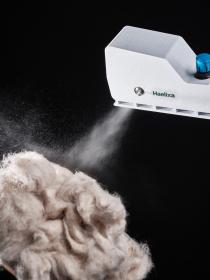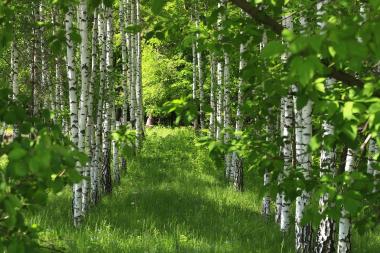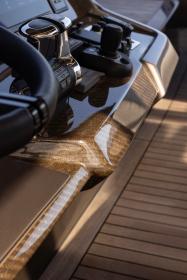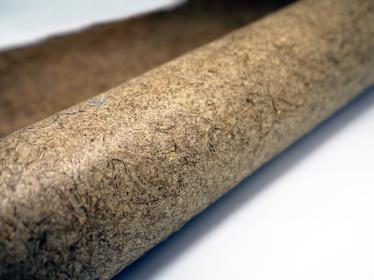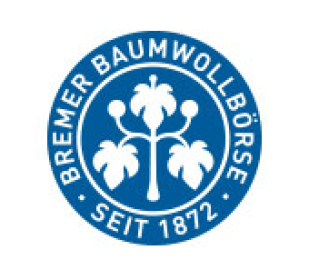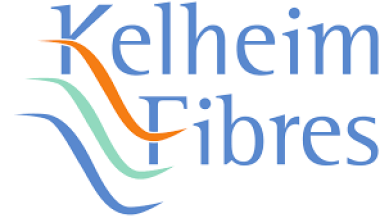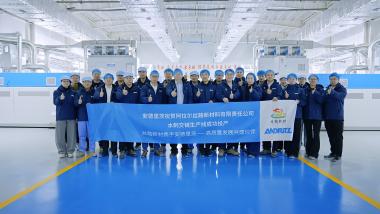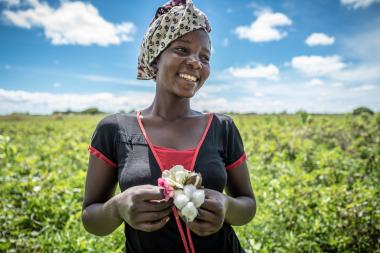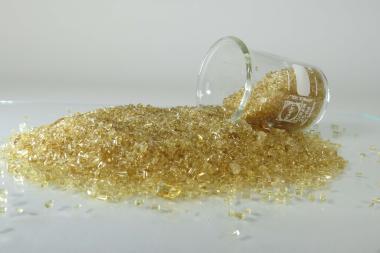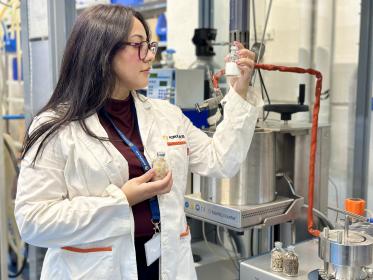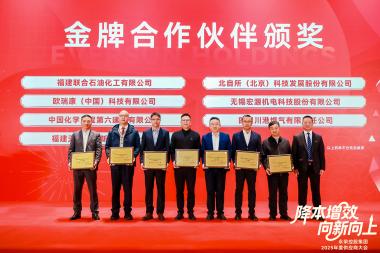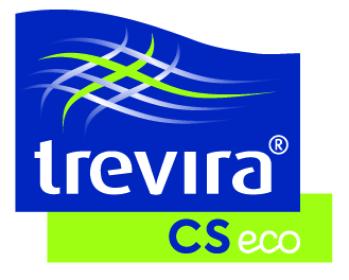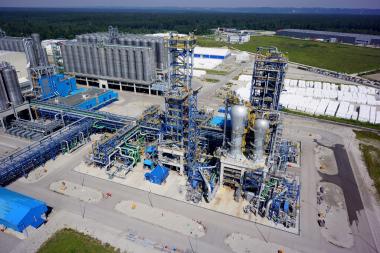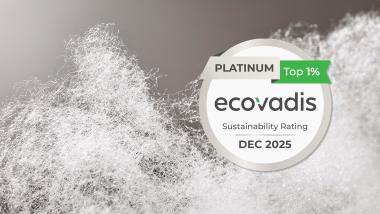Polyester-Based Front Trunk Solution for BEVs
As car manufacturers look to further reduce their carbon footprint, Autoneum has developed an innovative front trunk solution for battery electric vehicles (BEVs), made entirely from polyester-based textile. The Ultra-Silent Frunk offers significant weight reduction, improved acoustic and thermal insulation, and uses up to 70 percent recycled material, supporting sustainable and efficient vehicle design. Autoneum, global technology leader in acoustic and thermal management for vehicles, has already received orders for the new frunk from three major OEMs in Asia and Europe to be built in three BEV models. Series production for two BEVs has been underway in China and Germany since last year.
The global market for BEVs is growing dynamically. With rising demand, the technical development of BEVs is also advancing rapidly. In the front of a BEV, for example, the absence of a combustion engine creates additional storage space under the hood. For this front trunk space, also known as the frunk, Autoneum has developed a fiber-based 100 percent polyester product. This component is designed for high sustainability and combines lightweight, high mechanical robustness, and ex-cellent acoustic and thermal properties in a functionally integrated design.
Strong Customer Interest and Successful Series Production Underway
"With the innovative frunk made from our environmentally friendly Ultra-Silent polyester textile tech-nology, we are supporting automotive manufacturers in their goal of minimizing the CO₂ footprint of their products by integrating sustainable and lightweight components," explains Cyro Rovath, Global Product Manager Exterior at Autoneum. „To date, we have already received four awards for our Ultra-Silent Frunk from three major OEMs in Europe and Asia to be built in three BEV models. Successful series production for two BEV models in China and Germany has been underway since 2025, and production for two other vehicles built in China will start within the next few months."
In comparison to conventional frunk systems made of multiple solid plastic parts requiring complex assembly, Autoneum's Ultra-Silent Frunk is engineered as a single, lightweight, monomaterial com-ponent that can be adapted to the technical and aesthetic requirements of automotive manufactur-ers. The elimination of individual components streamlines both manufacturing and assembly pro-cesses while delivering weight reductions exceeding 50 percent relative to conventional solutions – translating to savings of up to 5 kilograms depending on geometry, number of components and part size.
Waste-Free Production and Full Recyclability
Moreover, the Ultra-Silent Frunk uses up to 70 percent recycled material, cutting greenhouse gas emissions by as much as 50 percent compared to injection molded frunks. Its waste-free produc-tion and full recyclability at the end-of-life support the industry’s shift toward a circular economy. The textile frunk also significantly enhances both acoustic and thermal performance. Its highly sound-absorbing Ultra-Silent material helps reduce noise both inside and outside the vehicle. Addi-tionally, outstanding thermal insulation protects temperature-sensitive items stored in the frunk. Tests conducted under controlled conditions show that ice placed in the Ultra-Silent Frunk stayed frozen for up to 28 hours at an ambient temperature of 30°C, significantly outperforming conven-tional plastic alternatives. Based on simulations, the Ultra-Silent Frunk offers the potential to im-prove pedestrian protection and passive safety compared to injection molded plastic solutions due to its higher plasticity.
Autoneum’s innovative frunk design combines functional, lightweight construction with acoustic and thermal efficiency while also using sustainable materials. Through these efforts, Autoneum is help-ing create environmentally friendly, future-oriented solutions for the automotive industry.
Autoneum Autoneum Management AG battery electric vehicle CO₂ footprint automotive textiles sound absorption
Autoneum Management AG


